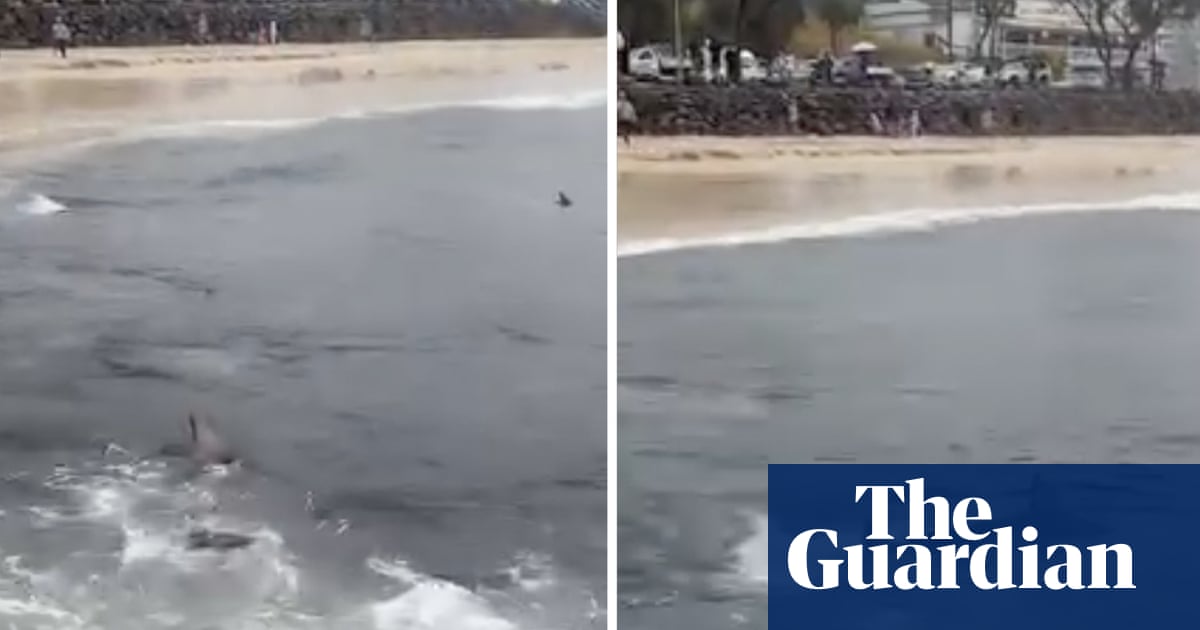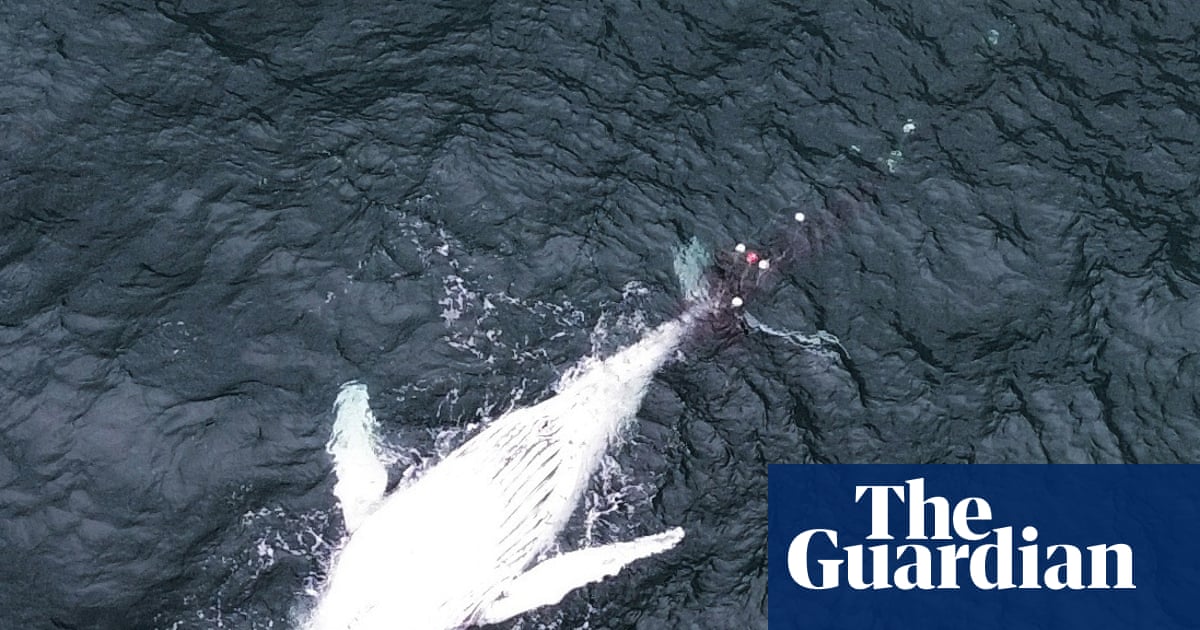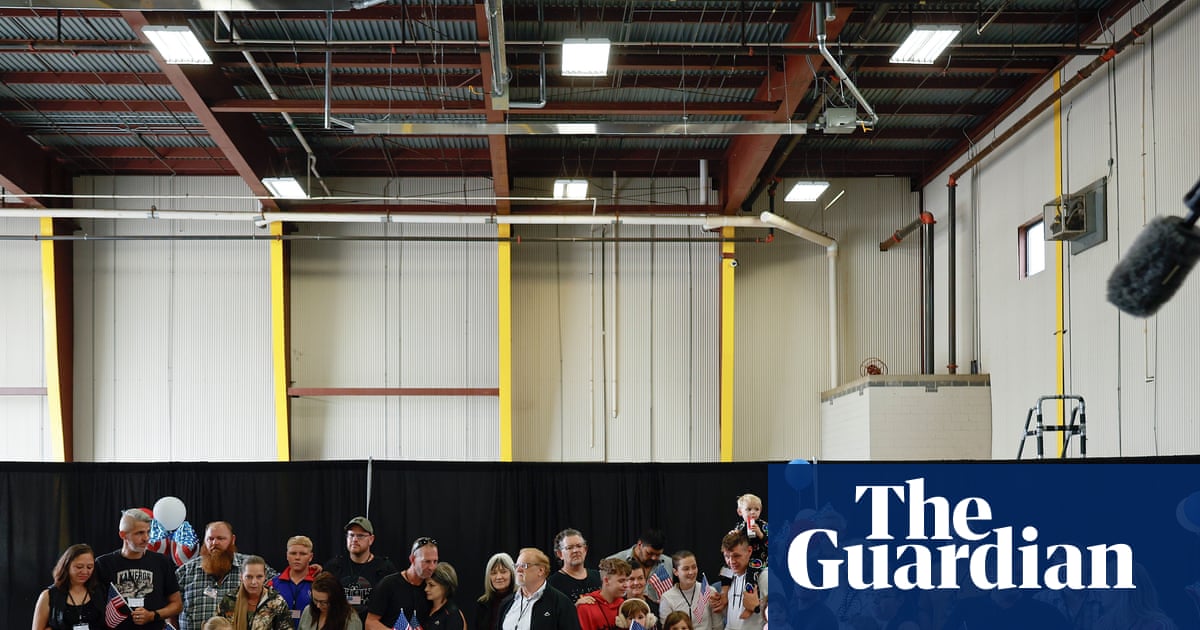Lithuania closed its two biggest airports on Friday and shut crossings on its border with Belarus after helium weather balloons drifted into its territory, the third such occurrence in the Baltic state this month.
European aviation has repeatedly been thrown into chaos in recent weeks by drone sightings and other air incursions, including at airports in Copenhagen, Munich and the Baltic region.
Vilnius and Kaunas airports were closed for safety reasons until 2am local time on Saturday, while the Belarus border crossings will remain shut until midday on Sunday, authorities said.
Lithuania, a European Union member, has said smugglers use the balloons to send Belarusian cigarettes into the EU, where tobacco products are more expensive.
Vilnius blamed the Belarus president, Alexander Lukashenko, a close ally of Russian president Vladimir Putin, for not stopping the practice.
“The national security commission will meet next week to assess … what can be done short-term that would be painful to the smugglers and to Lukashenko’s regime, which allows them to thrive,” Lithuania’s prime minister, Inga Ruginiene, said in a statement.
Lithuania’s national crisis management centre said “tens of balloons” had been detected by radar on Friday.
Vilnius airport also closed on Tuesday and on 5 October – when 25 balloons crossed into Lithuanian airspace.
Similar balloons landed earlier this year on Lithuanian soil, including at the airport, and border guards have had the right to shoot them down since last year.
A total of 966 balloons entered Lithuania last year and there have been more than 500 so far this year, according to official data published this month.
Neighbouring Poland has had more than 100 similar incidents this year, according to border police.
Lithuania has also said two Russian planes entered its airspace on Thursday: a Sukhoi SU-30 fighter and an IL-78 tanker flying from the Russian exclave of Kaliningrad.
In response, Nato scrambled two Eurofighter Typhoons from its air patrol mission in the Baltic.
The Russian planes went 700 metres into Lithuanian airspace before leaving after 18 seconds, probably during aerial refuelling training, said the Lithuanian military.
The foreign ministry in Vilnius said it had summoned the charge d’affaires from the Russian embassy and issued a “strong protest”.
Russia’s defence ministry denied the incursion had taken place.
Lithuania is a member of the EU and Nato. Violations of its airspace are a sensitive issue after a number of suspected Russian drones crossed into its territory from Belarus in July, including one carrying explosives.

 3 months ago
67
3 months ago
67

















































